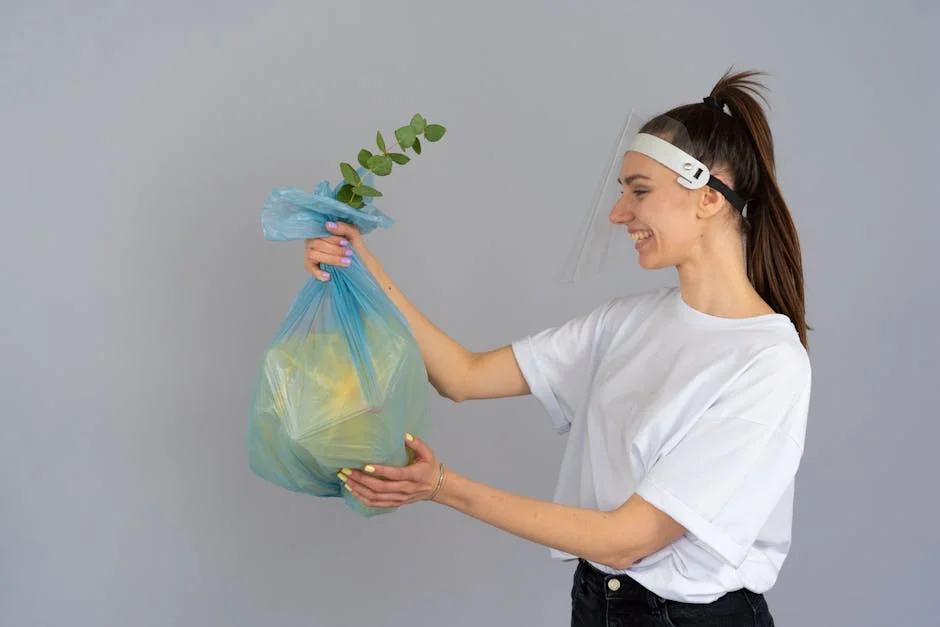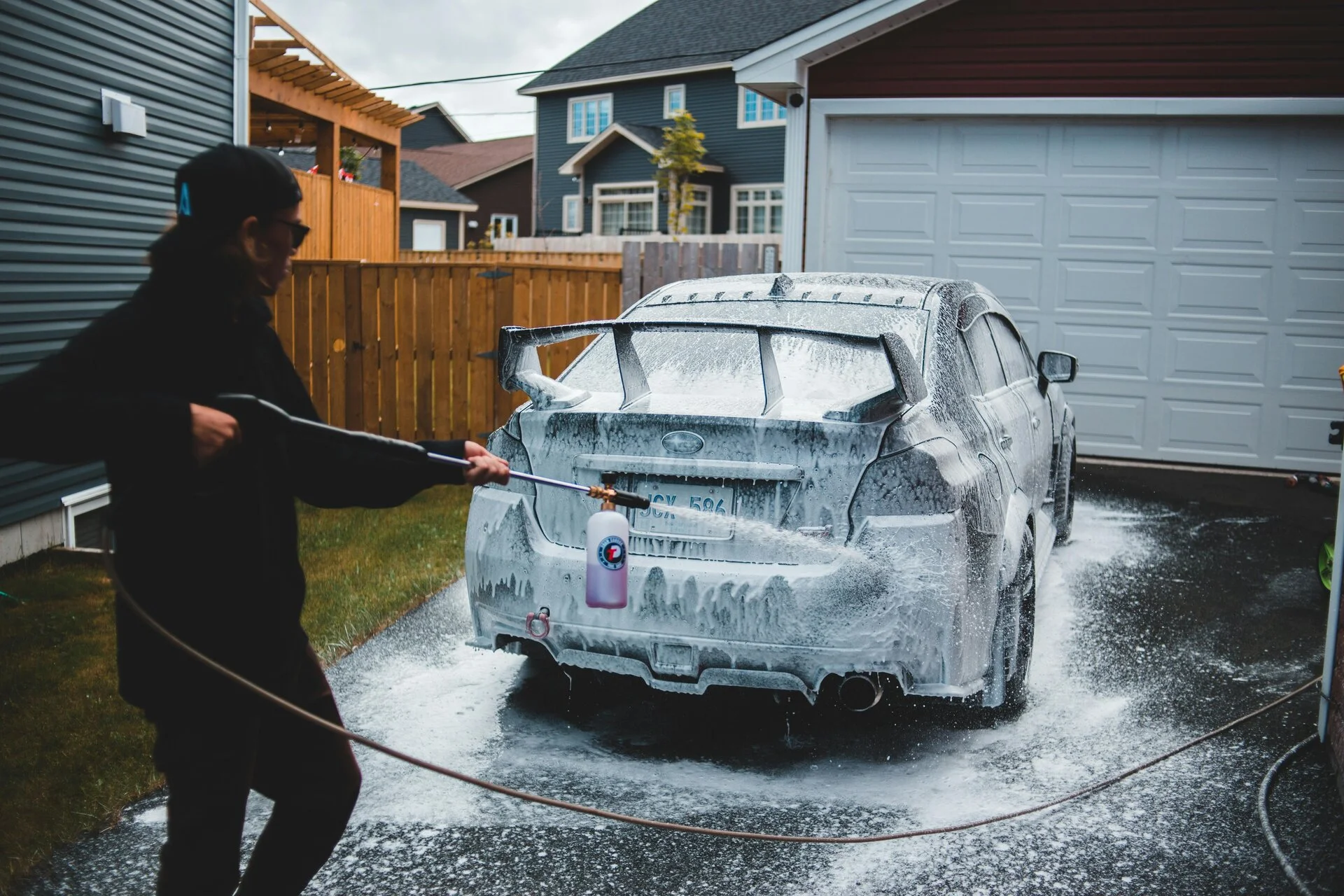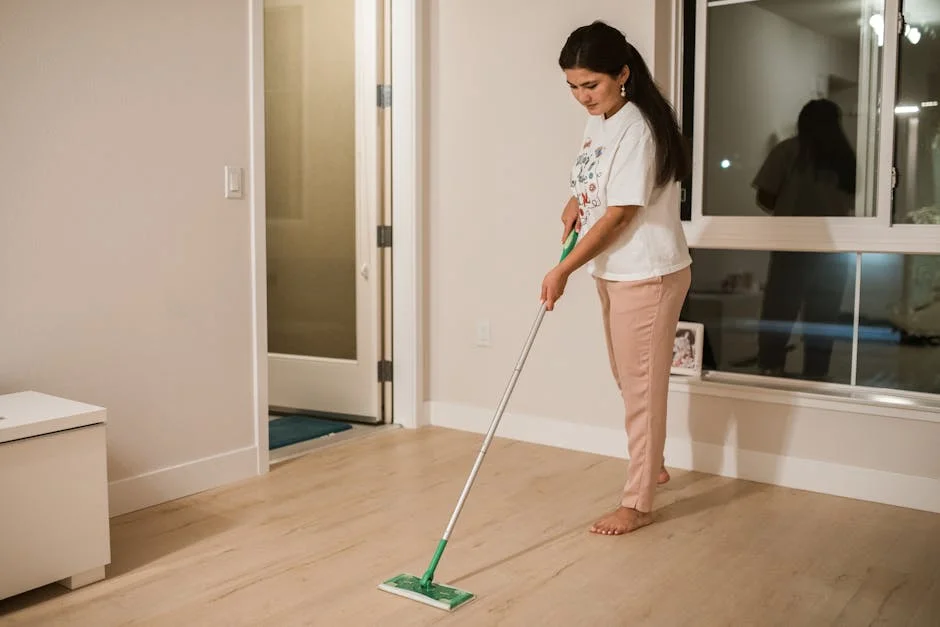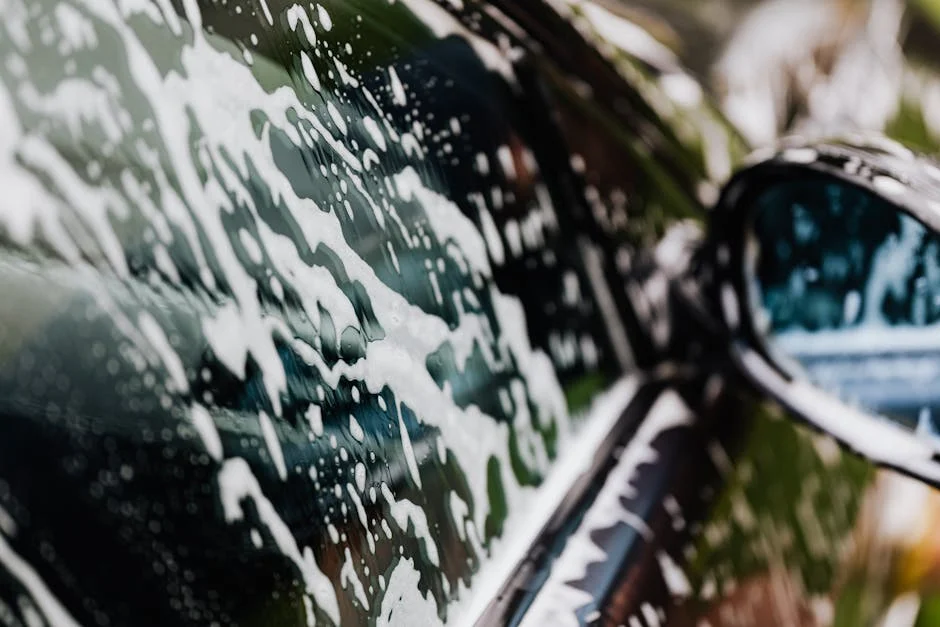
What Are Eco-Friendly Ways To Wash Laundry?


Laundry is a necessary chore but can also significantly impact the environment. Washing and drying machines consume more energy and water, while detergents and fabric softeners can contain harmful chemicals that pollute the waterways and harm wildlife. Fortunately, there are some simple and effective ways to make your laundry more eco-friendly and sustainable without compromising on cleanliness or comfort. Here are some tips to help you green your laundry routine.
1. Wear clothes longer between washing
One of the easiest ways to reduce your laundry footprint is to wear your clothes more than once before washing them. This can save your garments water, energy, detergent, and wear and tear. Of course, this doesn’t apply to underwear, socks, or clothes that are visibly dirty or smelly, but many items can be worn several times before they need a wash. You can also freshen up your clothes between washes by airing them out, spot cleaning stains, or using natural deodorizers like baking soda or vodka.
2. Wash clothes in cold water
Another simple way to make your laundry more eco-friendly is to wash your clothes in cold water instead of hot. According to The Guardian, washing clothes at 30°C instead of 40°C can save up to 40% of energy per load. Cold water is also gentler on your fabrics and can prevent the shrinking, fading, and bleeding of colours. Most modern detergents are designed to work well in cold water, so you don’t have to worry about compromising on cleanliness.
3. Use green laundry detergent
Conventional laundry detergents can contain ingredients not good for you, your clothes, or the environment. These ingredients include optical brighteners, synthetic fragrances, phosphates, chlorine bleach, and petroleum-derived surfactants. These chemicals can irritate your skin, damage your fabrics, and pollute the waterways when they are rinsed down the drain. To avoid these problems, choose a green laundry detergent that is plant-based, biodegradable, and free of harsh chemicals. You can also make your own detergent at home using natural ingredients like soap nuts, baking soda, vinegar, or lemon juice.
4. Use less detergent
Too much detergent can make your laundry dirtier, leaving behind residues that attract more dirt and bacteria. It can also waste water and energy, as you may need to rinse your clothes more than once to eliminate the excess soap. To use less detergent, follow the instructions on the label and measure the amount carefully according to the load size and soil level. You can also use a concentrated detergent or pods or strips, as these require less packaging and less product per wash.
5. Skip the fabric softener
Fabric softeners are designed to make your clothes feel softer and smell nicer, but they can also have adverse effects on your health and the environment. Fabric softeners can contain chemicals that irritate your skin, trigger allergies or asthma, and disrupt your hormones. They can also reduce the absorbency and breathability of your fabrics, especially towels and athletic wear. Moreover, fabric softeners can clog up your washing machine and septic system and harm aquatic life when they enter the waterways. To avoid these problems, skip the fabric softener or use natural alternatives like vinegar, wool dryer balls, or baking soda.
6. Dry clothes naturally
Drying clothes in a dryer is convenient but consumes more energy and emits greenhouse gases. According to PlanetCare, drying one load of laundry in a dryer can produce up to 4 kg of CO2 emissions. Drying clothes naturally on a clothesline or a drying rack can save energy and money while making your clothes last longer and smell fresher. If you live in a cold or humid climate where drying clothes outside is not feasible, you can still dry them indoors near a window or a radiator.
7. Wash full loads
Washing full loads of laundry can help you save water, energy, detergent, and time. Washing small loads can waste up to 80% of water per cycle compared to washing full loads. Fill up your washing machine to optimize your load size but don’t overload it. You can also adjust the water level according to the load size 8. Choose eco-friendly fabrics
The type of fabric you choose for your clothes can also affect your laundry impact. Some fabrics are more eco-friendly, requiring less water, energy, and chemicals to produce and maintain. For example, organic cotton, hemp, linen, bamboo, and wool are some of the most sustainable fabrics, as they are natural, biodegradable, and breathable. On the other hand, synthetic fabrics like polyester, nylon, and acrylic are derived from fossil fuels and can shed microplastics into the water when washed. To choose eco-friendly fabrics, check the labels of your clothes and opt for natural or recycled materials whenever possible.
8. Choose eco-friendly fabrics
The type of fabric you choose for your clothes can also affect your laundry impact. Some fabrics are more eco-friendly, requiring less water, energy, and chemicals to produce and maintain. For example, organic cotton, hemp, linen, bamboo, and wool are some of the most sustainable fabrics, as they are natural, biodegradable, and breathable. On the other hand, synthetic fabrics like polyester, nylon, and acrylic are derived from fossil fuels and can shed microplastics into the water when washed. To choose eco-friendly fabrics, check the labels of your clothes and opt for natural or recycled materials whenever possible.
9. Use eco-friendly stain removers
Stains are inevitable, but they don’t have to ruin your clothes or your laundry routine. Instead of using harsh chemical stain removers that can damage your fabrics and the environment, you can use natural alternatives that are just as effective and safer. Some of the most common eco-friendly stain removers are lemon juice, vinegar, baking soda, salt, hydrogen peroxide, and club soda. These ingredients can help remove coffee, wine, blood, grease, ink, and more stains. To use them, apply them directly to the stain or soak the garment in a solution of water and the stain remover before washing.
10. Hire a green house maid service
If you are too busy or tired to do your laundry yourself, you can always hire a professional housemaid service to do it for you. However, not all housemaid services are created equal regarding sustainability. Some may use conventional detergents and machines that are not eco-friendly or efficient. To ensure your laundry is done sustainably when booking with Ezi Home Cleaners, make the request, and we will prioritize green cleaning products and practices for a visit. Our cleaners can help you wash, dry, fold, iron, and organize your clothes using plant-based detergents and cold water.
Conclusion
Washing laundry can be more eco-friendly and sustainable if you follow simple tips and tricks. By wearing clothes longer between washing, washing clothes in cold water, using green laundry detergent, using less detergent, skipping the fabric softener, drying clothes naturally, washing full loads, choosing eco-friendly fabrics, using eco-friendly stain removers, hiring a green house maid service, and renting an eco-friendly Airbnb in Ottawa, you can save water, energy, money, and the planet. Try these tips today and see the difference they make for your laundry and your environment.
Where to get
If you are looking for laundry help in Ottawa or surrounding areas, you may want to consider booking Ezi. Ezi connects you with local housemaids who can do your laundry for you in an eco-friendly way when requested. Our vetted housemaids use green cleaning products and practices to wash, dry, fold, iron, and organize your clothes according to your preferences. You can book in minutes, and we offer flexible scheduling, affordable pricing, and a satisfaction guarantee. Whether you need laundry help for your home or your Airbnb, Ezi can make it easy. Try Ezi today and enjoy the convenience of having your laundry done by professionals who care about the environment.
You might also like...
Green Eco-Friendly Cleaning Guide
May 4, 2023 Home CleaningGreen Eco-Friendly Cleaning Guide
Home CleaningGreen Eco-Friendly Cleaning GuideClean Your Car and Home: A Time-Saving Guide
Jul 10, 2024 Home CleaningClean Your Car and Home: A Time-Saving Guide
Home CleaningClean Your Car and Home: A Time-Saving GuideWhat Is a Home Deep-Cleaning Service?
Apr 19, 2023 Home CleaningWhat Is a Home Deep-Cleaning Service?
Home CleaningWhat Is a Home Deep-Cleaning Service?How to Prepare for Moving In and Out Guide
Dec 5, 2025 Home CleaningHow to Prepare for Moving In and Out Guide
Home CleaningHow to Prepare for Moving In and Out GuideHow to Clean Hardwood & Timber Floors Like a Pro
Dec 5, 2025 Home CleaningHow to Clean Hardwood & Timber Floors Like a Pro
Home CleaningHow to Clean Hardwood & Timber Floors Like a ProWindow Cleaning Guide: Services, Methods & DIY Tips
Dec 2, 2025 Home CleaningWindow Cleaning Guide: Services, Methods & DIY Tips
Home CleaningWindow Cleaning Guide: Services, Methods & DIY Tips
